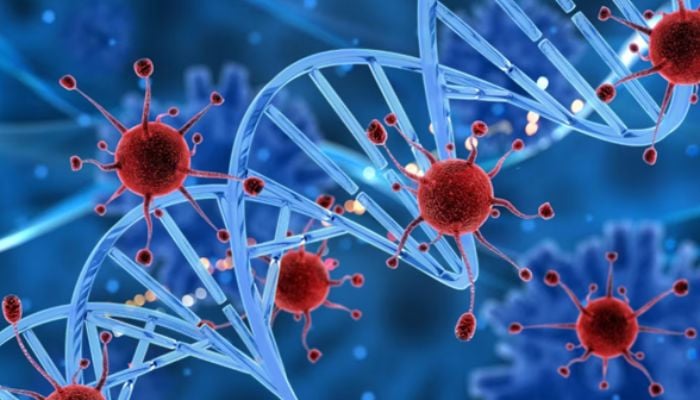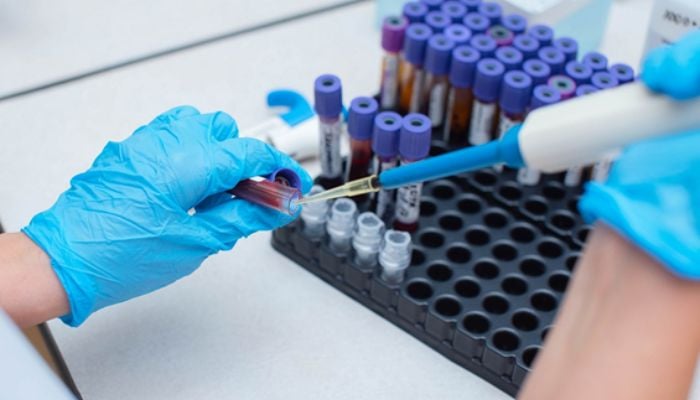Cancer is often seen as deadly disease and the fear of death is the primary concern for many.
The unpredictable nature of cancer and its potential for recurrence, especially in survivors can also be a source of significant anxiety.
Fear of cancer is complex and multifaceted phenomena driven by a combination of perceived severity, impact on quality of life, social and psychological factors and personal experiences.
Therefore, it’s important to address the issue through accurate information, support and coping strategies and science is playing its role to deal with it.
According to Lives science, the prognosis for cancer patients generally grows worse the later their disease is caught, especially once it has grown and spread to other tissues.
Yet the gene changes, or mutations, that give rise to tumors tend to appear decades beforehand.
A new study has found that Cancer in DNA is detectable in humans three years before the actual diagnosis. The study, partly funded by the National Institutes of Health, was published May 22 in Cancer Discovery Diagnosis.
Consultant oncologist Dr. Yuxuan Wang at Johns Hopkins University and her colleagues wanted to see if they could detect tumor DNA in plasma long before cancer manifests.
Three years earlier provides time for intervention. The tumors are likely to be much less advanced and more likely to be curable.
As indicated by Dr Wang, investigators were surprised they could detect cancer-derived mutations in the blood so much earlier.
To determine how early cancers could be detected prior to clinical signs or symptoms, they assessed plasma samples that were collected for the Atherosclerosis Risk in Communities (ARIC) study, to investigate risk factors for heart attack, stroke, heart failure and other cardiovascular diseases.
They used highly accurate and sensitive sequencing techniques to analyze blood samples from 26 participants in the ARIC study who were diagnosed with cancer within six months after sample collection, and 26 from similar participants who were not diagnosed with cancer.
At the time of blood sample collection, eight of these 52 participants scored positively on a multicancer early detection (MCED) laboratory test.
All eight were diagnosed within four months following blood collection.
For six of the eight individuals, investigators also were able to assess additional blood samples collected 3.1–3.5 years prior to diagnosis, and in four of these cases, tumor-derived mutations could also be identified in samples taken at the earlier timepoint.
“This study shows the promise of MCED tests in detecting cancers very early, and sets the benchmark sensitivities required for their success,” says Bert Vogelstein, Professor of Oncology, co-director of the Ludwig Center at Johns Hopkins.
According to another oncology professor and Ludwig center investigator Mr. Nickolas Papadopoulos; “We need to determine the appropriate clinical follow-up after a positive test for such cancers.”
“Detecting cancers years before their clinical diagnosis could help provide management with a more favorable outcome,” he added.

